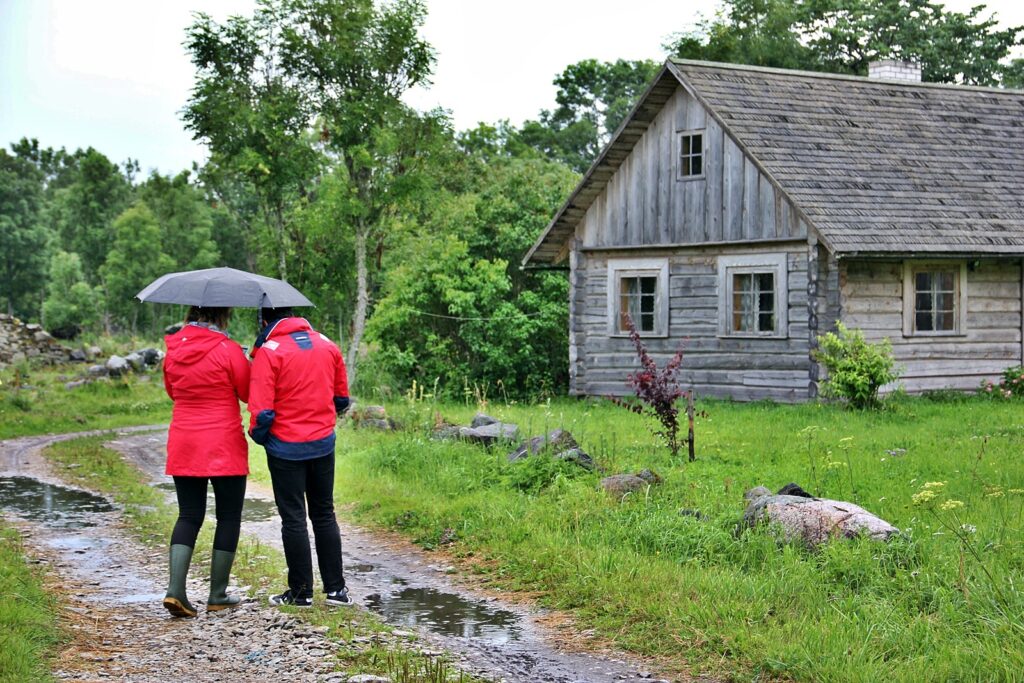As of Monday, 24 August, people arriving in Estonia from 24 European countries will have to self-isolate for two weeks.
Based on the coronavirus infection rate, starting from Monday, 24 August, a two-week restriction on freedom of movement will apply to passengers arriving in Estonia from the following European countries: Andorra, Austria, Belgium, Bulgaria, Croatia, Cyprus, the Czech Republic, Denmark, France, Greece, Iceland, Ireland, Liechtenstein, Luxembourg, Malta, Monaco, the Netherlands, Poland, Portugal, Romania, Spain, Sweden, Switzerland and the United Kingdom.
The restriction does non apply to people arriving in Estonia from Finland, Germany, Hungary, Italy, Latvia, Lithuania, Norway, San Marino, Slovakia, Slovenia and the Vatican.
Information about countries and requirements is available on the foreign ministry website.
On 7 August, the Council of the European Union reviewed the list of third countries included in Annex 1 of its recommendation on the gradual lifting of the temporary restrictions on non-essential travel into the EU. According to the list, it is possible to travel to Estonia from Australia, Canada, Georgia, Japan, New Zealand, Rwanda, South Korea, Thailand, Tunisia and Uruguay.
Among those countries, the 14-day restriction on the freedom of movement applies to people arriving in Estonia from Australia from 24 August. The restriction does not apply to passengers arriving in Estonia from Canada, Georgia, Japan, New Zealand, Rwanda, South Korea, Thailand, Tunisia and Uruguay.
People arriving from high-risk countries can take a test and go to work
Starting from 1 September, people with a negative COVID-19 test arriving from countries with an increased risk of infection (with an infection rate exceeding 16 per 100,000 inhabitants in the past 14 days) are permitted to go to work if it is absolutely crucial, and on the condition that they immediately test negative for the virus on their arrival. All contact with other people must be avoided while waiting for the test results.
In case of a negative test result, the restriction on the freedom of movement applies for the first seven days, ie it is allowed to go to work or shop for essentials in case of emergencies, but non-essential contacts should be avoided. They must take a second test no earlier than seven days after the first test and if the test is also negative, they are free to continue their everyday life. This means that the 14-day restriction on the freedom of movement does not apply to them after two negative tests. Anyone arriving from a high-risk country who does not take the test must self-isolate for 14 days.
However, due to the spread of the coronavirus, the Estonian foreign ministry strongly advises against travelling, except for those European countries where the rate of infection is below 16 per 100,000 inhabitants in the past 14 days, and where mandatory restriction on the freedom of movement does not apply on your return.
A restriction on the freedom of movement means that within 14 calendar days of their arrival in Estonia, people can leave their place of residence or accommodation only on the orders of a health-care professional or police official, in an emergency that poses a threat to health or life or to buy food, essentials and medicine.
Cover: People walking in Small Pakri island, Estonia. Photo by Marleen Valdmaa.

